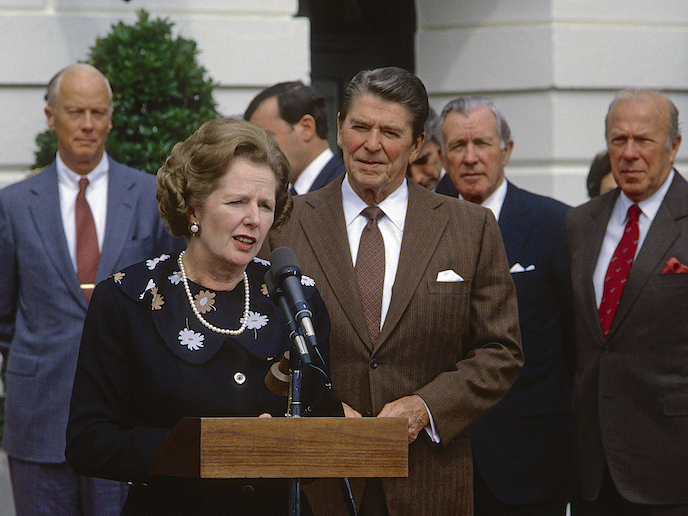High voter turnout or a no-show? Game theory offers insights
Given the impact over the last few years of elections, referenda and protest movements, understanding the dynamics of political participation – whether formal or informal – is timely for the preservation of democratic traditions and institutions. The EU-supported InfoAggregation project used game theory to investigate whether biased entities can influence voting behaviour by manipulating participant numbers or by releasing additional information about a variable that citizens care about. The project also investigated whether informal political processes, such as protests, share some of the properties of elections. In these, rather than voter participation being manipulated, voters themselves weigh up the – real or perceived – costs of participation and decide whether or not to engage. “Existing game-theoretic research had not accounted for the possibility of biased entities in elections, nor integrated the notion of participation costs when studying protests,” says the principal investigator of InfoAggregation Stephan Lauermann from the University of Bonn(opens in new window), the project host.
The manipulation of elections
Political economists have adopted game theory to study strategic interactions, providing a toolbox to find and characterise plausible outcomes. To calculate plausible outcomes, researchers identify strategies (i.e. descriptions of behaviour) for each person (voter, organiser, protester, etc.). The underlying algorithms run on the understanding that as well as being driven by their own strategy, each person will adapt it in reaction to what they know of the strategies of others. In previous models(opens in new window) that tried to quantify the influence that well-informed voters had on election results, the number of voters was fixed and known. InfoAggregation wanted to see what would happen if this number was manipulated by an election organiser, such as a local authority. “We found that accounting for such a strategic organiser overturns previous predictions that all plausible election outcomes are in the voters’ best interests. There are now plausible outcomes where the organiser always gets their way – bad news for voters because their interests may not align with those of the organiser,” adds Lauermann. Regarding the influence of additional information, InfoAggregation again used game theory to model a yes-no referendum where there is a conflict of opinion. Here the analysis suggested that by strategically releasing additional information, it may be surprisingly easy for an organiser to persuade voters – even if their preferences do not align with the organiser.
Informal political activity
With informal political processes, the prevailing view had been that the more participants, the more effective the outcome. Key to testing this assumption is a better understanding of what drives participation. InfoAggregation considered three principal dimensions. Firstly, how convinced are participants of the cause? Secondly, what do they know about other participants – such as how many are taking part and why? These beliefs can be influenced by entities such as the media. Thirdly, what are the personal costs-benefits of participation? Game theory had been applied only to the first two of the above. “Unlike previous research, InfoAggregation found that protests can be effective precisely because participation is costly. Costs lend credibility to actions. “This has implications for social media which, while increasing numbers by lowering participation costs, may lead to lessened impact,” concludes Lauermann. The team is now working to refine their methods and more deeply explore the reasoning of participants by applying questions like: ‘What happens if people like me join the protest?’ They hypothesise that this thought process may more accurately reflect decision-making.







